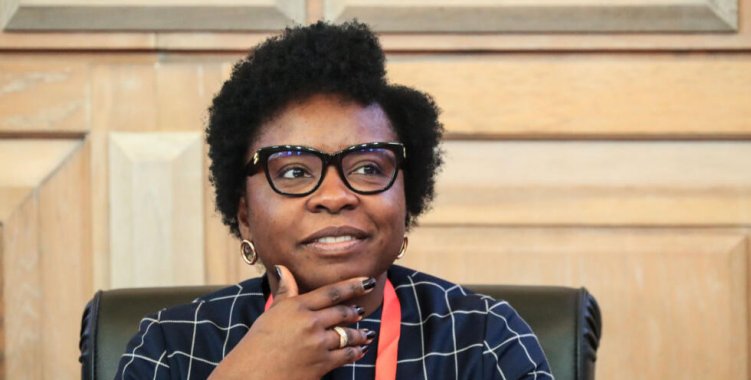Speaking, this Thursday, in Luanda at the presentation of the 18th edition of the study "Banking in Analysis", Vera Daves stressed that "bad expenditure is the worst of taxes" and can generate the most unbearable of debts, so the Executive must continue to take the path to improve the quality of expenditure.
The challenge, she highlighted, is to maintain public debt in sustainable conditions, ensuring at the same time the functioning of institutions, assistance to the most disadvantaged and public investment that is "unpostponable".
"There is so much to do in various parts of the country", she highlighted, adding that the "good fight" is to ensure that the investment is made without putting the country in an unsustainable situation.
The minister considered that economic growth is the only way forward and highlighted the role of banks, which must act in light of the current reality, indicating that credit to the private sector is showing an increasing trend.
"Despite the 5 percent reduction seen in 2021, credit to the private sector continues to record an increasing trend in nominal terms (...) compared to 2022, credit to the private sector grew by 28.8 percent percent in 2023 and 7.9 percent from December 2023 to May 2024", she highlighted.
She justified this evolution with the incentives of Notice 10 of the National Bank of Angola for financing the real sector of the economy, as well as State policy incentives through credit guarantee funds and other mechanisms placed at the service of banks.
"We must not accommodate ourselves to the results we have already achieved. Angola is in a hurry", urged Vera Daves.
The government official admitted, however, that current interest rates "remain prohibitive" for those who want to start a business or improve treasury, justifying insufficient bank participation in private investment with the inflation trajectory and the State's financing needs.
"I am not innocent, I assume that we also turn to you to finance State activities, but there is a path to participation in economic and social development that involves a better balance between credit to the State, with sustainable conditions and the best interest rates and maturities possible, and credit to the private sector", she continued.
Vera Daves also called for leaving "the eternal potential": "We don't get out of this chatter, we have to make it happen".







